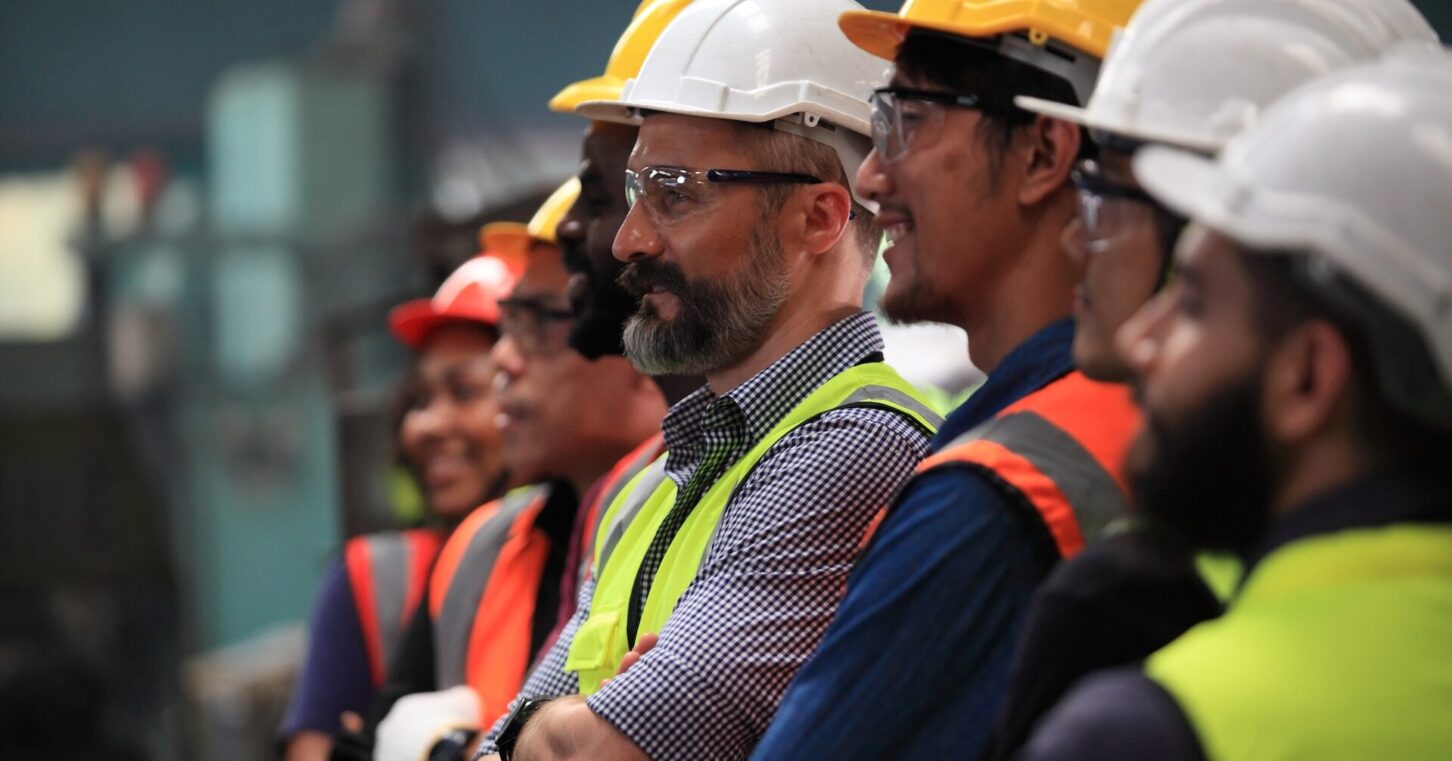
Labor Day weekend gives us an opportunity to celebrate the achievements of the American worker. But while it’s important to remember both the contributions and ingenuity of workers, we should also address areas where the state makes it more difficult for men and women to contribute to society.
One of the biggest barriers in Georgia, and every other state for that matter, is the landscape of occupational regulations. At a time when most employers are looking for workers, the requirement of a government-issued license to do certain jobs is often overly-burdensome and sometimes nonsensical. They frequently make working more difficult without ensuring a higher level of expertise or safety.
It wasn’t always this way. In the 1950s, about one in 20 U.S. workers needed the government’s permission to pursue their chosen occupation. Today, that figure stands at about one in four.
Research to date – on occupations as diverse as school teachers, interior designers, mortgage brokers, dentists, physicians and others – provides little evidence that government licenses protect public health and safety or improve the quality of products or services.
How does licensing impact Georgia workers?
“License to Work,” a 2022 nationwide study from the Institute for Justice on how occupational licensing laws affect labor and freedom, found that Georgia requires relatively few licenses compared to other states. However, the barriers to obtaining those licenses are relatively high.
The average license for low- and moderate-income jobs in Georgia takes 472 days of education and experience, compared to the national average of 350. In fact, Georgia’s regulations are the 12th-most burdensome. The average fees are $197.
The study also points out the often bizarre misalignment of licensing practices with occupational risk, such as how barbers and beauticians face greater average burdens than entry-level emergency medical technicians.
Because licensing reduces the supply of workers and increases prices for the services that consumers receive, it results in less of the services being consumed. This is known as deadweight loss.
But we know the total economic cost of licensing is even greater. Not only do some customers forego the more expensive services, licensing also causes a misallocation of resources between industries. For instance, people spend more money than necessary on education, go into professions that they are not best suited for and lobby for increased requirements instead of productive activities as a result of licensing.
Licensing also places unnecessary barriers on those with criminal records. While most understand that the best way to ensure someone does not return to prison is meaningful work, licensing boards have the ability to arbitrarily deny a license to an individual because of a past offense. This is true whether the license is related to the crime or not.
Georgia lawmakers attempted to remedy this situation during the past session, but the House and Senate were unable to agree on a compromise despite having support across the aisle.
One positive measure was that last year Georgia became the latest state to adopt universal recognition, a measure the Foundation has pushed since 2021.
With this, Georgia recognizes an occupational license obtained in another state when a new resident moves to the Peach State, rather than making them invest time and money in receiving another license for work they are already doing.
This is progress, but significant work remains.
An appropriate way to celebrate Labor Day is working to advance policies that will truly empower labor. Removing unnecessary regulations will foster a fairer labor market and contribute to the thriving of Georgia workers and businesses.